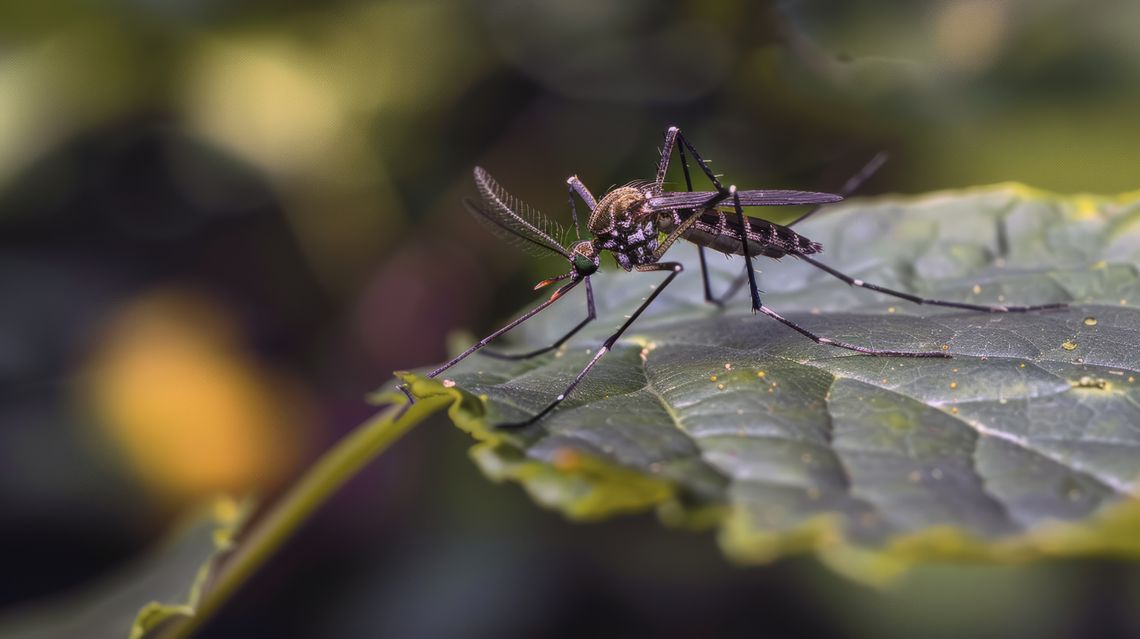The Grayson County Health Department’s Environmental Health Division has identified mosquito samples in Whitesboro and Pottsboro that have tested positive for West Nile Virus (WNV). As a result, the City of Whitesboro scheduled mosquito spraying for Monday and Tuesday of this week starting at 9 p.m.
On Wednesday, Sept. 3, the Grayson County Health Department’s Environmental Health Division (EH) reported that it had received and compiled laboratory results for mosquito traps set on Aug. 26, 2025. Two laboratory reports received from The Texas Department of State Health Services Arbovirus-Entomology Laboratory indicated the presence of WNV in two of the samples submitted for analysis from the Aug. 26, 2025, mosquito trapping activities.
These are the first two positive WNV samples identified for the 2025 mosquito season in the county, and since Grayson County Health Department’s Mosquito Surveillance Team began setting mosquito traps. The positive WNV samples were identified from traps set on Elm Street in Whitesboro and Franklin Avenue in Pottsboro.
The Environmental Health Division has reached out to city officials to provide them with further guidance. In years past, several cities within Grayson County have contracted with licensed pest control companies to spray (adulticide), in an effort to reduce the number of adult mosquitoes in the impacted area. The decision to spray is up to each local municipality and the frequency of such spraying is determined collectively between each city and the licensed pest control service.
WNV is spread primarily through the bite of an infected Culex mosquito. Culex mosquitoes become infected when they feed on infected birds. Culex mosquitoes are most active from dusk until dawn, so attempt to limit your outdoor activity during this time or be sure to follow the four D’s: Drain – drain standing water; Dress – wear long sleeves and pants; DEET – apply FDA approved insect repellent with DEET; Daily – all day every day fight the bite.
The Texas Department of State Health Services Arbovirus-Entomology Laboratory performed analysis on the mosquito pools (a pool is one or multiple nets of mosquitoes collected from a single address) submitted from the Grayson County Health Department. In addition to testing Culex mosquito species for WNV, the DSHS laboratory also test for St. Louis Encephalitis (SLE) and Eastern Equine Encephalitis (EEE) viruses in Culex mosquitoes and can test for Zika, Chikungunya, Dengue and Yellow Fever viruses in Aedes mosquitoes, when warranted.
No human cases of WNV, or other aforementioned mosquito-borne viruses, have been reported as confirmed by the Texas Department of State Health Services to the Grayson County Health Department at this time.

